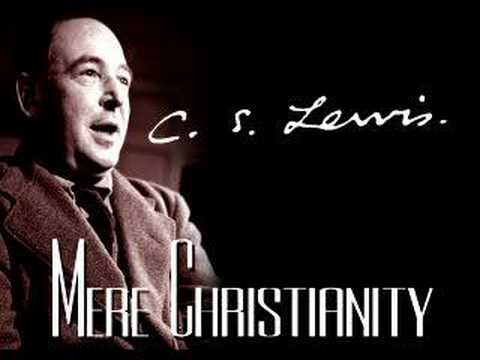The Moral Law, Comfort, & Wishful Thinking
I’m teaching my C. S. Lewis course at my university again this semester. The students began their Lewis reading with Surprised by Joy, his insightful autobiography. We are now focused on Mere Christianity and discussing the significance of that book. Every time I come back to it, I’m deeply impressed all over again, and I always seem to find nuggets of truth and wisdom that stand out more clearly than in my previous reading. This time I was struck particularly… Read more »


